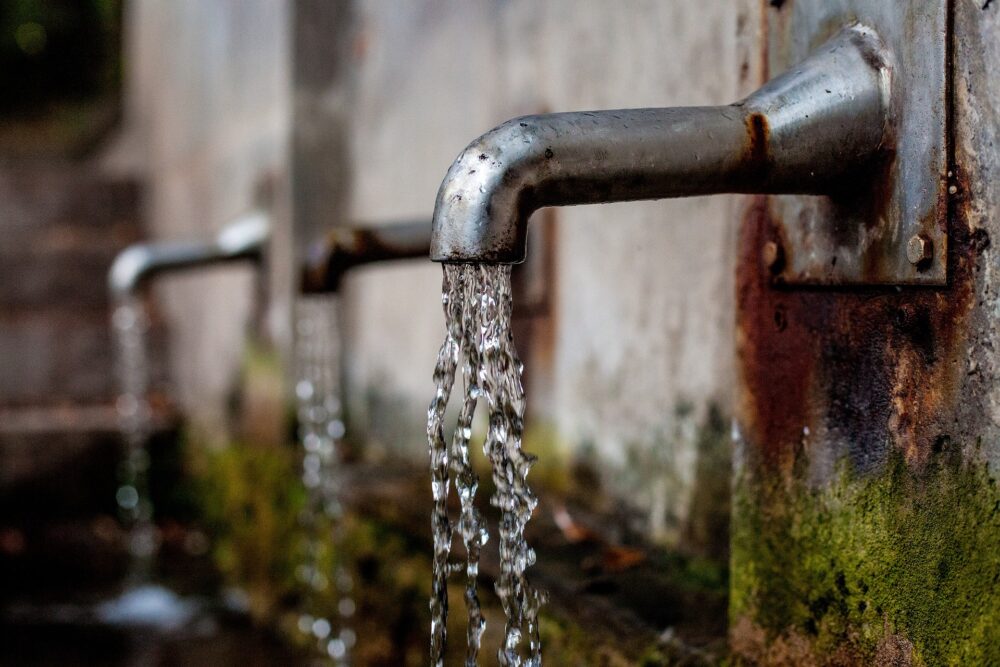
The Future of Trade Effluent Charges in the UK: A Detailed Outlook for the Next 3-5 Years
As the commercial landscape in the UK evolves, businesses need to stay ahead of regulatory and economic changes, particularly concerning trade effluent charges. Over the next three to five years, these charges are expected to see significant adjustments driven by several factors, including environmental regulations, infrastructure investments, and evolving business practices. Here’s a comprehensive look at what businesses can expect and how they can prepare.
Understanding Trade Effluent Charges
Trade effluent refers to any liquid waste discharged into the public sewer from a business or industrial process. This can include anything from contaminated water used in manufacturing to chemicals from cleaning processes. Since this waste can have a significant environmental impact, it is subject to strict regulations, and businesses must obtain consent to discharge trade effluent.
Charges for trade effluent are typically calculated based on the volume and strength of the effluent, along with the cost of treating it to make it safe for disposal. These charges are determined by water companies and vary depending on the region and the specific nature of the effluent.
Key Factors Driving Changes in Trade Effluent Charges
- Environmental Regulations: The UK government’s commitment to reducing carbon emissions and improving water quality is likely to drive stricter environmental regulations. These regulations will impose more rigorous standards for the treatment and disposal of trade effluent, potentially leading to higher charges. Businesses may need to invest in more advanced treatment technologies to meet these new standards, which could increase operational costs.
- Infrastructure Investments: Water companies across the UK are investing heavily in upgrading and expanding wastewater treatment facilities. For example, Southern Water has committed nearly £1 billion to water and wastewater infrastructure improvements since 2020. These investments are crucial for meeting future demand and environmental targets but are also likely to be passed on to businesses in the form of higher trade effluent charges.
- Economic Factors: The broader economic environment, including energy prices and inflation, will also influence trade effluent charges. Rising energy costs, in particular, can significantly impact the cost of treating trade effluent, as wastewater treatment is an energy-intensive process. Analysts predict that energy price caps may rise gradually over the coming years, which could further increase the cost of effluent treatment.
- Industry-Specific Trends: Certain industries, such as agriculture, food and drink manufacturing, and chemical production, are more heavily impacted by trade effluent regulations due to the nature of their waste. Businesses in these sectors should expect more stringent monitoring and potentially higher charges, particularly if they fail to adopt more sustainable practices.
Predicted Changes in Trade Effluent Charges
While it’s challenging to predict exact figures due to the complexity of factors involved, industry experts anticipate that trade effluent charges could rise by 10-20% over the next three to five years. This increase will vary by region and industry, with businesses in more environmentally sensitive areas or those producing higher-risk effluent likely to see the most significant hikes.
Preparing for the Future
To mitigate the impact of rising trade effluent charges, businesses should consider the following strategies:
- Invest in Efficiency: Implementing more efficient processes and reducing the volume and strength of trade effluent can help businesses minimise charges. This might involve investing in new technologies or changing production methods.
- Explore Renewable Energy: Given the link between energy costs and effluent treatment charges, businesses can benefit from reducing their energy consumption or switching to renewable energy sources. This not only helps manage costs but also aligns with broader environmental goals.
- Stay Informed: Keeping up with regulatory changes and industry trends is crucial. Engaging with industry bodies, water companies, and environmental consultants can help businesses anticipate changes and adapt proactively.
- Consider Long-Term Contracts: In some cases, negotiating long-term contracts with water companies may provide more predictable pricing and protect against sudden increases in trade effluent charges.
Conclusion
The landscape for trade effluent charges in the UK is set to change significantly over the next few years. Businesses that proactively manage their effluent production, invest in sustainable practices, and stay informed about regulatory changes will be better positioned to navigate these challenges and minimise their costs.
By understanding the factors driving these changes and taking steps to mitigate their impact, businesses can ensure compliance while protecting their bottom line.
